

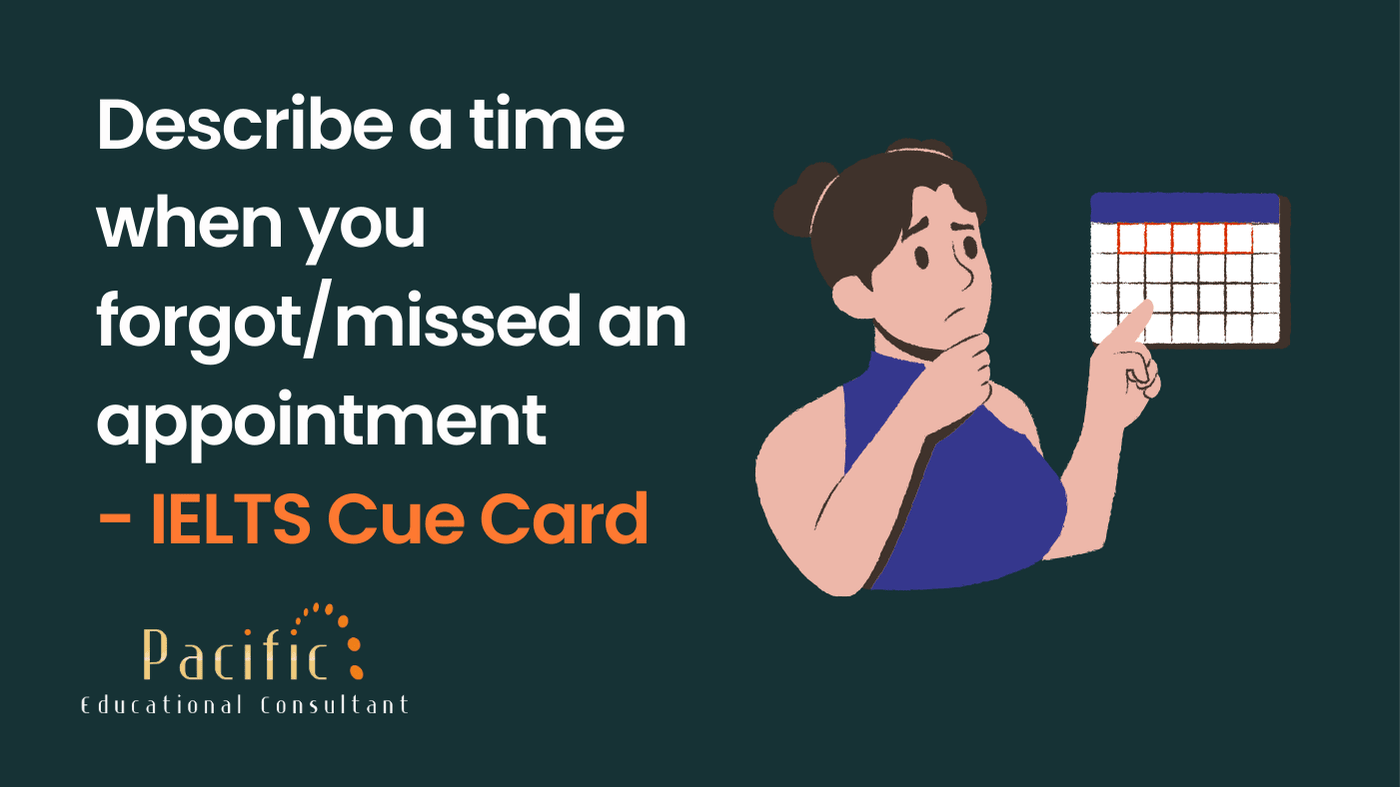
Describe a time when you forgot/missed an appointment -IELTS Cue Card
You should say: - What the appointment was for - Who you made it with - Why you forgot/missed it - And explain how you felt about the experience
I once had a dentist appointment for a regular check-up and cleaning. It was scheduled for a Saturday morning at 10 a.m.
I had made the appointment with my family dentist, Dr. Sharma, who has been treating my family for many years.
I missed the appointment because I had been studying late the previous night and overslept. By the time I woke up, it was already past the scheduled time, and I realized I had completely forgotten about it.
I felt really embarrassed and guilty because the dentist had reserved that time slot for me. I immediately called to apologize and rescheduled the appointment. It also taught me the importance of setting reminders for such commitments.
Yes, punctuality is very important because it shows respect for other people’s time and reflects discipline and responsibility in both personal and professional life.
I think using a digital calendar or mobile reminders is the best way because they give timely notifications, which reduces the chance of forgetting important tasks.
Work-related appointments are usually more important because they affect career growth and professional reputation, while appointments with friends can often be rescheduled.
Yes, it can be true. People may avoid such appointments to escape discomfort, awkwardness, or conflict, especially if the meeting is not very necessary.
Yes, remembering family history is valuable as it helps us stay connected to our roots, learn from past generations, and preserve cultural traditions.
Busy people often use planners, to-do lists, or smartphone apps with reminders. Some also rely on sticky notes or set alarms to stay on track.
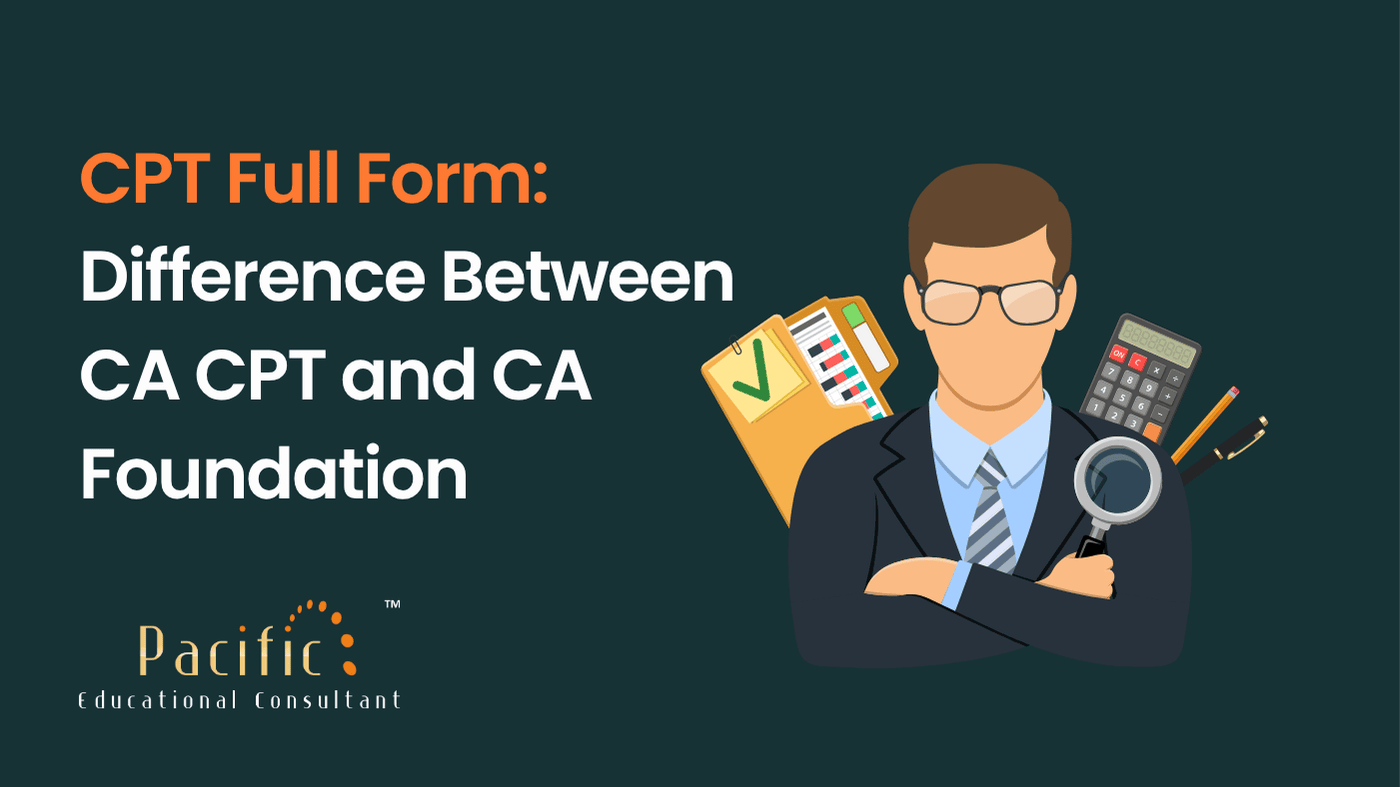
CPT Full Form: Difference Between CA CPT and CA Foundation

5 Indian Freedom Fighters Who Studied Abroad and Changed India’s History
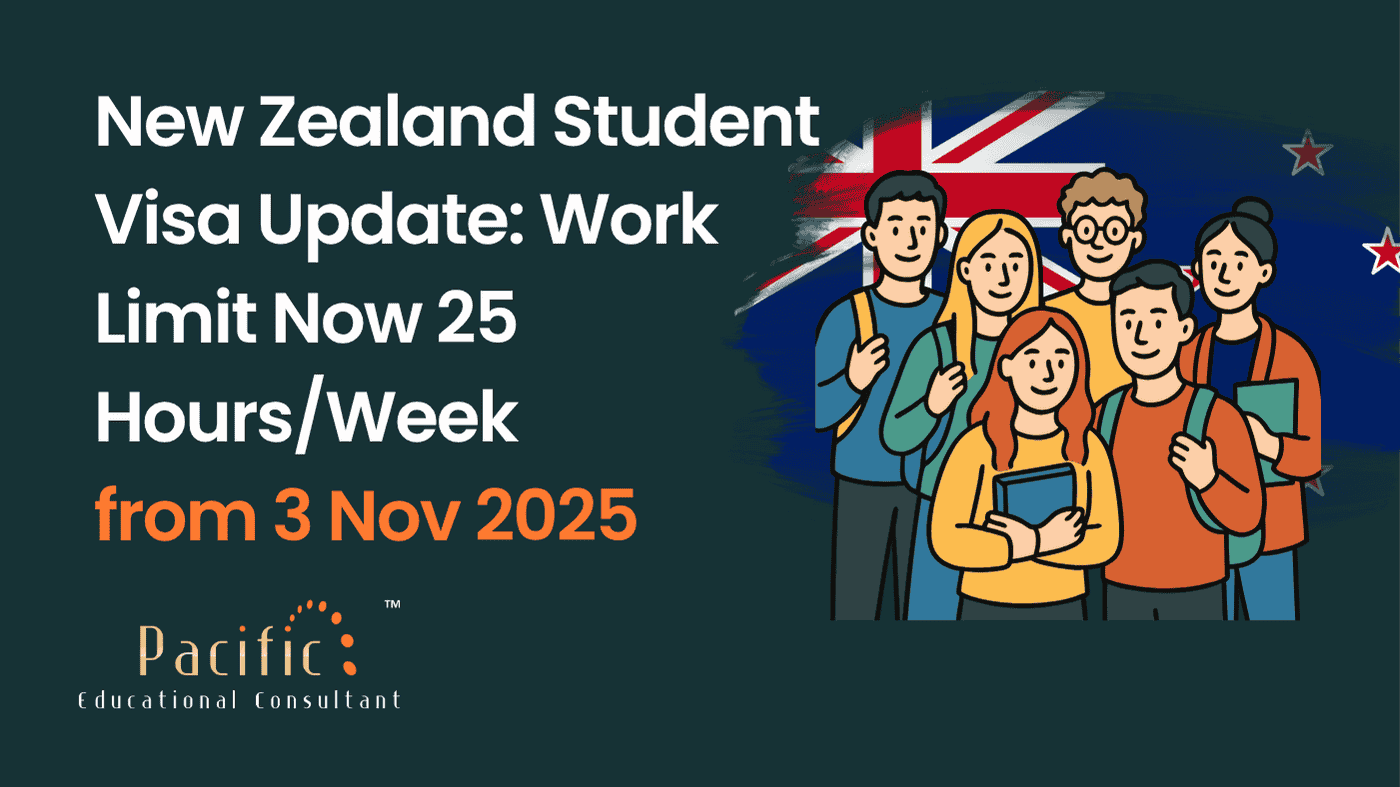
New Zealand Student Visa Update: Work Limit Now 25 Hours/Week from 3 Nov 2025

Describe a family member who you want to work with in the future - IELTS Cue Card
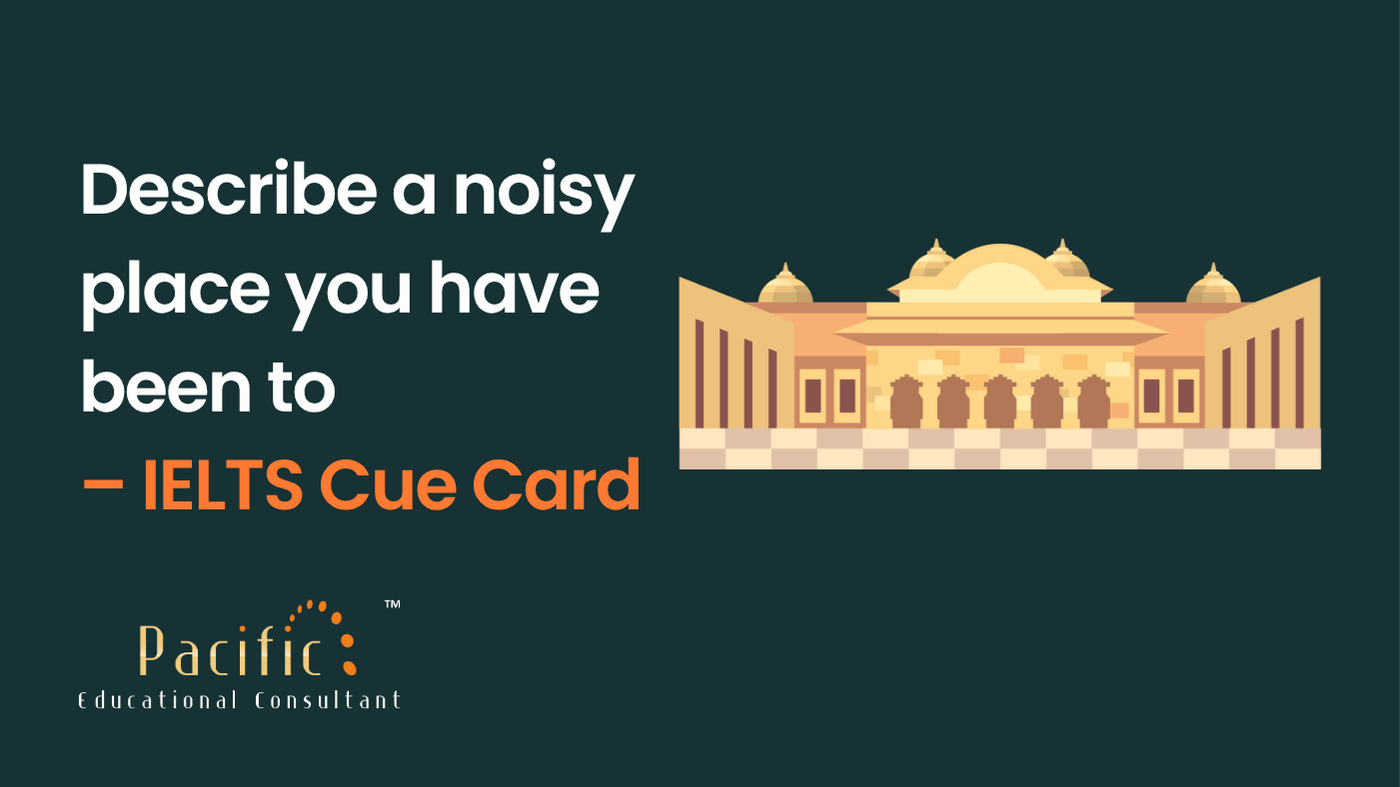
Describe a noisy place you have been to - IELTS Cue Card
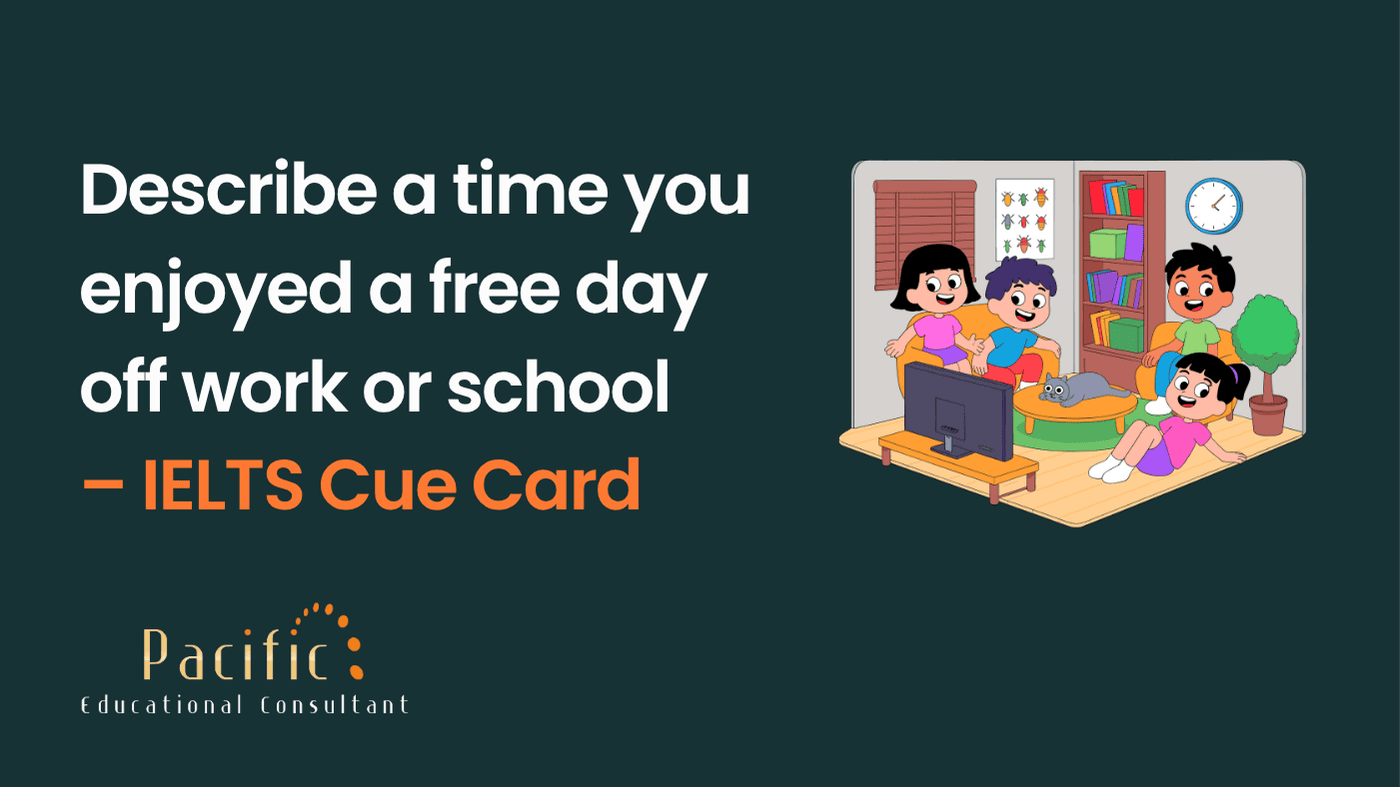
Describe a time you enjoyed a free day off work or school – IELTS Cue Card

Bachelor in Business Economics (BBE)
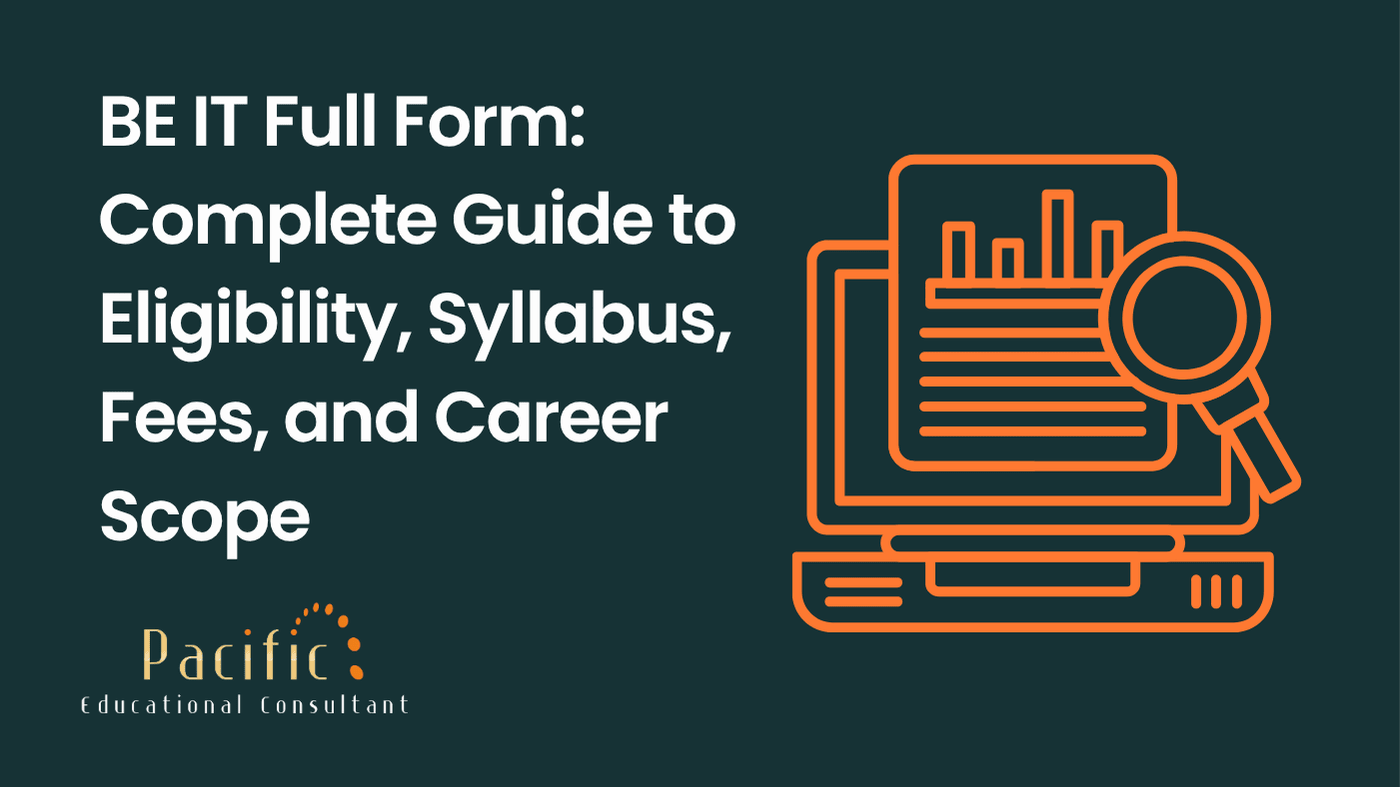
BE IT Full Form: Complete Guide to Eligibility, Syllabus, Fees, and Career Scope

Describe a water sport you would like to try in the future - IELTS Cue Card
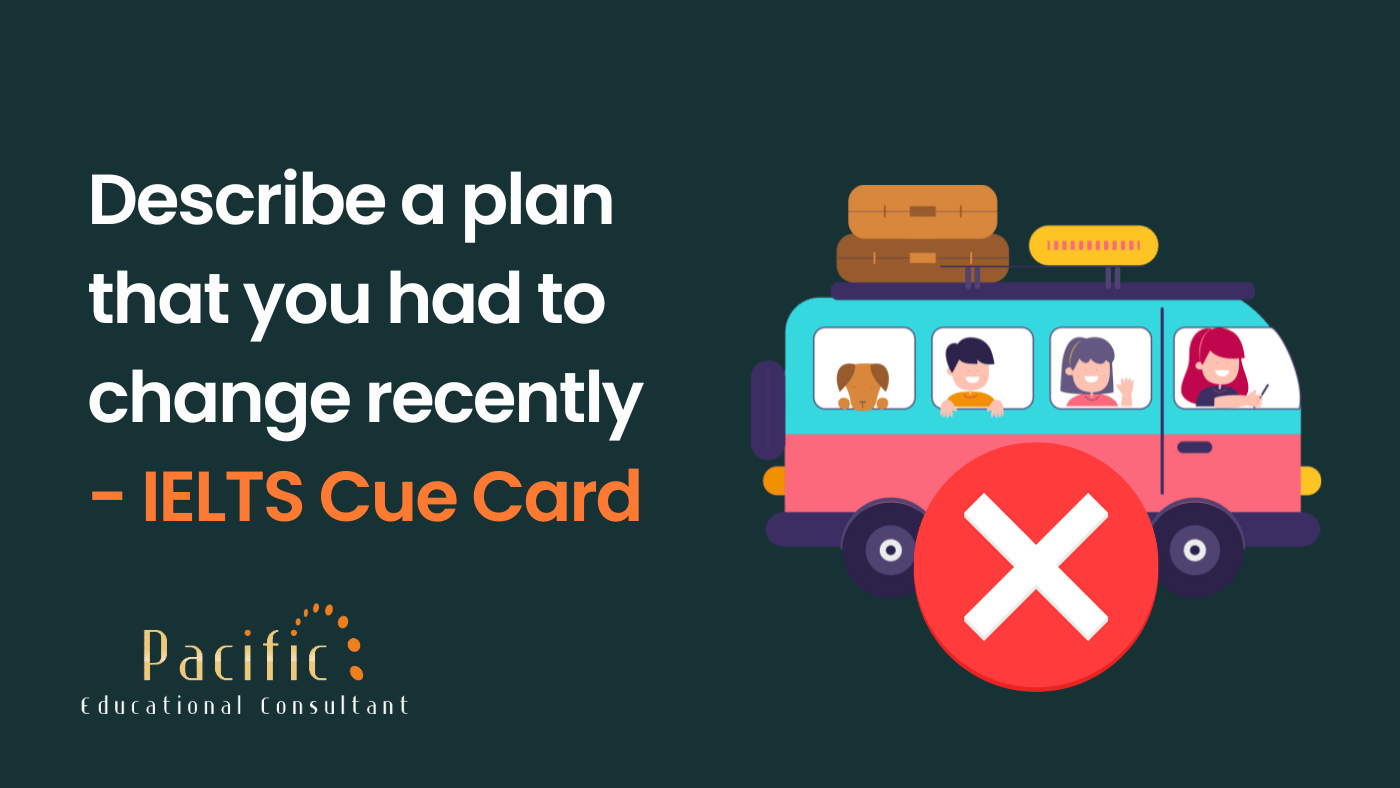
Describe a plan that you had to change recently - IELTS Cue Card